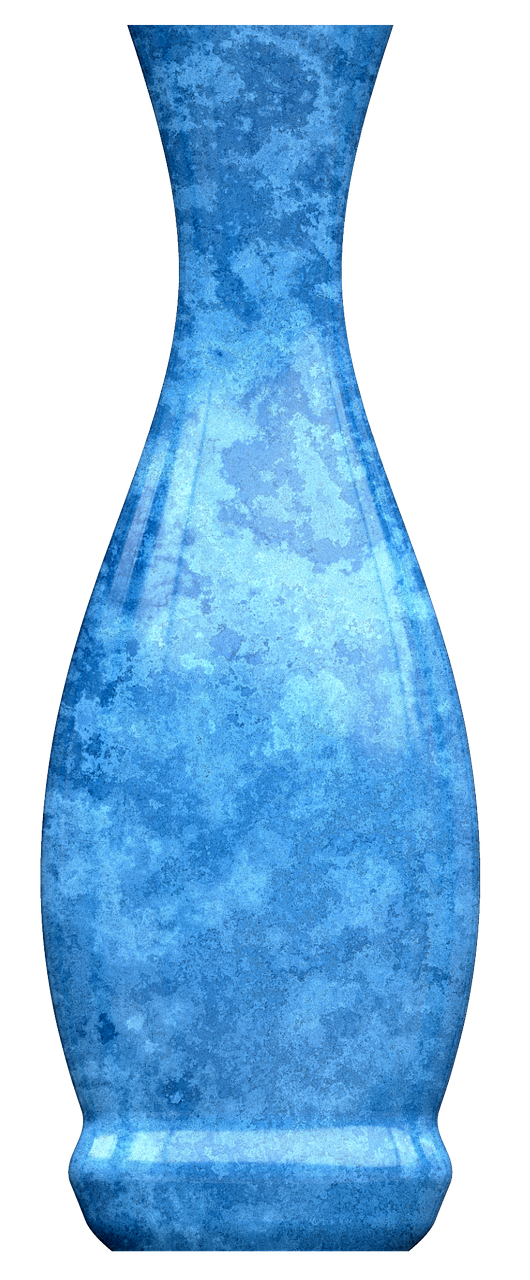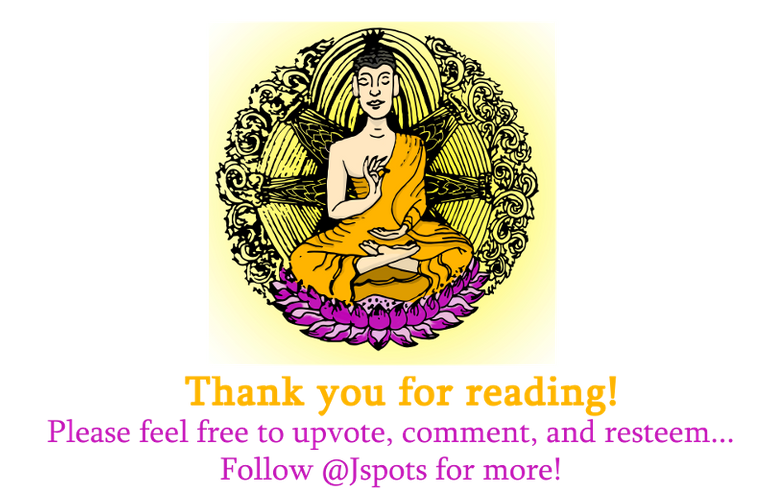Arthur Diekman's study, Meditations on a Blue Vase, was published posthumously in 2014. It explains his research in a method of changing one's perception of reality while simply focusing on an object- a blue vase. After hours of intently focusing on the vase, the participants in Diekman's study described seeing the vase without their usual preconceived ideas- seeing the vase with no habitual thoughts or conceptions so a more "pure" perception of it was realized.
By picking apart the assumptions that clouded this true form the of vase, participants in Deikman's study reported improvements in personal perspective, awareness, and methods of concentration, and profoundly new senses of identity.
To perform this meditation, simply consider any object for as long as it takes. You will likely have to leave and return to the object, but eventually the effort to consider another object as its true form will allow you to reach new levels of perception.
The object you choose will simply act as a hinge for your perspective to turn on, the real change comes from the action of your contemplating the object.

The object you choose can be anything. An object that has many associations for you- an old shirt, a record, anything you share a history with- may be useful for becoming familiar with associations cast on the object. For instance, I may have many memories in an old shirt that change my perception of it, but to the rest of the world its just an old shirt. Sorting through the layers of association is the practice at hand, and choosing objects with many associations will make it easier to notice their layers.
Although this meditation is simple in concept, it proves to be incredibly difficult to not fall into analyzing the object of observation. By analyzing, we project our own perspective onto an object- a perspective built from not only our histories with the same object, but with similar objects as well. This raises the question, how would you experience a desk for the first time as if never having seen or sat at one before?
When considering a desk, some analytical distractions may be "this desk is wider than other desks," or "this desk seems squat." In fact, any word that surfaces in your mind will in some degree be spurred on by your action of staring at the desk. Instead, try to view the desk as a unique object within a unique context.
While perceiving this desk beyond words and measurements, more sensual elements of the table step in the way of a more pure perception: color, texture, and shape. These are categories that also need to be seen past- noticing a desk as a "brown" desk, or a "smooth" desk, or "regular" desk are also labels that are in the way of the desk as it is presenting itself in its true form.
Each step of stripping away our own conceptions becomes more rewarding. Discovering deeper layers of how to concentrate on an object requires removing your reactions to it. By controlling these reactions, your object can be seen in a more pure form closer to its shared reality. These methods of self-control can carry over into any other realm you can think of. In fact your may have no choice in perceiving all other realms differently- your relation to all objects and your own self may be changed.
By recognizing and folding aside these layers of association- personal history, categorization, and characterization, the object you choose will be revealed in new ways, and your own unique tunnel of associations will become more familiar to you.
Actors call a person's overall stage presence an "ethos." The Deikman meditation is an attempt to strip away your own knee-jerk associations with an object in order to clearly perceive its ethos. This result has as much to do with becoming familiar with your own associations as it does contemplating the object of your meditation.
It may take a long time and many sessions. But the more your are able to surrender your concentration to your object the more you will better understand how you uniquely relate to everything around you.
Previous Introductions to Various Meditations:
Why Practice Meditation?
Body Scan
Dark Night of the Soul
Walking Power-Breath
Exposure to Fear
Sleep Induction
Mind Clearing
Wing Chun
